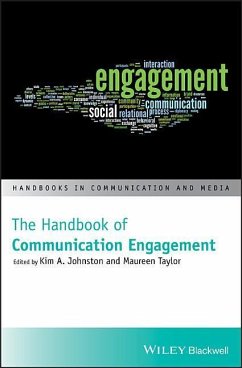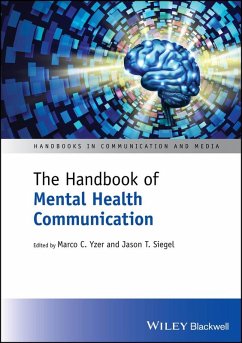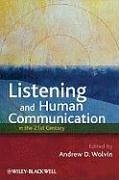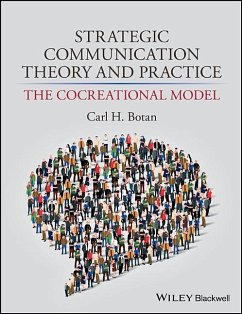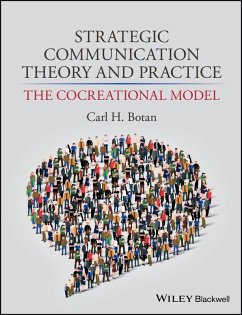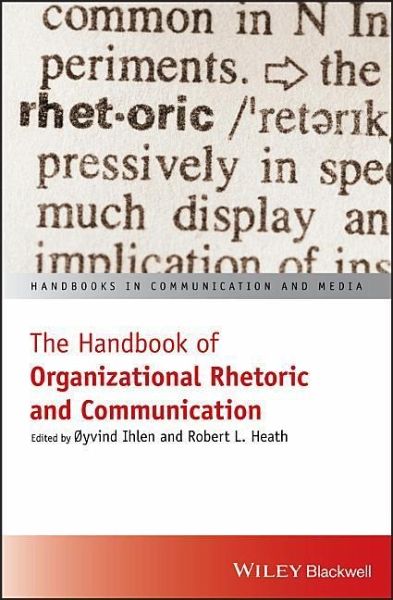
The Handbook of Organizational Rhetoric and Communication

PAYBACK Punkte
102 °P sammeln!
HANDBOOKS IN COMMUNICATION AND MEDIA A one-stop source for scholars and advanced students who want to get the latest and best overview and discussion of how organizations use rhetoric While the disciplinary study of rhetoric is alive and well, there has been curiously little specific interest in the rhetoric of organizations. This book seeks to remedy that omission. It presents a research collection created by the insights of leading scholars on rhetoric and organizations while discussing state-of-the-art insights from disciplines that have and will continue to use rhetoric. Beginning with an ...
HANDBOOKS IN COMMUNICATION AND MEDIA A one-stop source for scholars and advanced students who want to get the latest and best overview and discussion of how organizations use rhetoric While the disciplinary study of rhetoric is alive and well, there has been curiously little specific interest in the rhetoric of organizations. This book seeks to remedy that omission. It presents a research collection created by the insights of leading scholars on rhetoric and organizations while discussing state-of-the-art insights from disciplines that have and will continue to use rhetoric. Beginning with an introduction to the topic, The Handbook of Organizational Rhetoric and Communication offers coverage of the foundations and macro-contexts of rhetoric--as well as its use in organizational communication, public relations, marketing, management, and organization theory. It then looks at intellectual and moral foundations without which rhetoric could not have occurred, discussing key concepts in rhetorical theory. The book then goes on to analyze the processes of rhetoric and the challenges and strategies involved. A section is also devoted to discussing rhetorical areas or genres--namely contextual application of rhetoric and the challenges that arise, such as strategic issues for management and corporate social responsibility. The final part seeks to answer questions about the book's contribution to the understanding of organizational rhetoric. It also examines what perspectives are lacking, and what the future might hold for the study of organizational rhetoric. * Examines the advantages and perils of organizations that seek to project their voices in order to shape society to their benefits * Contains chapters working in the tradition of rhetorical criticism that ask whether organizations' rhetorical strategies have fulfilled their organizational and societal value * Discusses the importance of obvious, traditional, nuanced, and critically valued strategies such as rhetorical interaction in ways that benefit discourse * Explores the potential, risks, paradoxes, and requirements of engagement * Reflects the views of a team of scholars from across the globe * Features contributions from organization-centered fields such as organizational communication, public relations, marketing, management, and organization theory The Handbook of Organizational Rhetoric and Communication will be an ideal resource for advanced undergraduate students, graduate students, and scholars studying organizational communications, public relations, management, and rhetoric.





